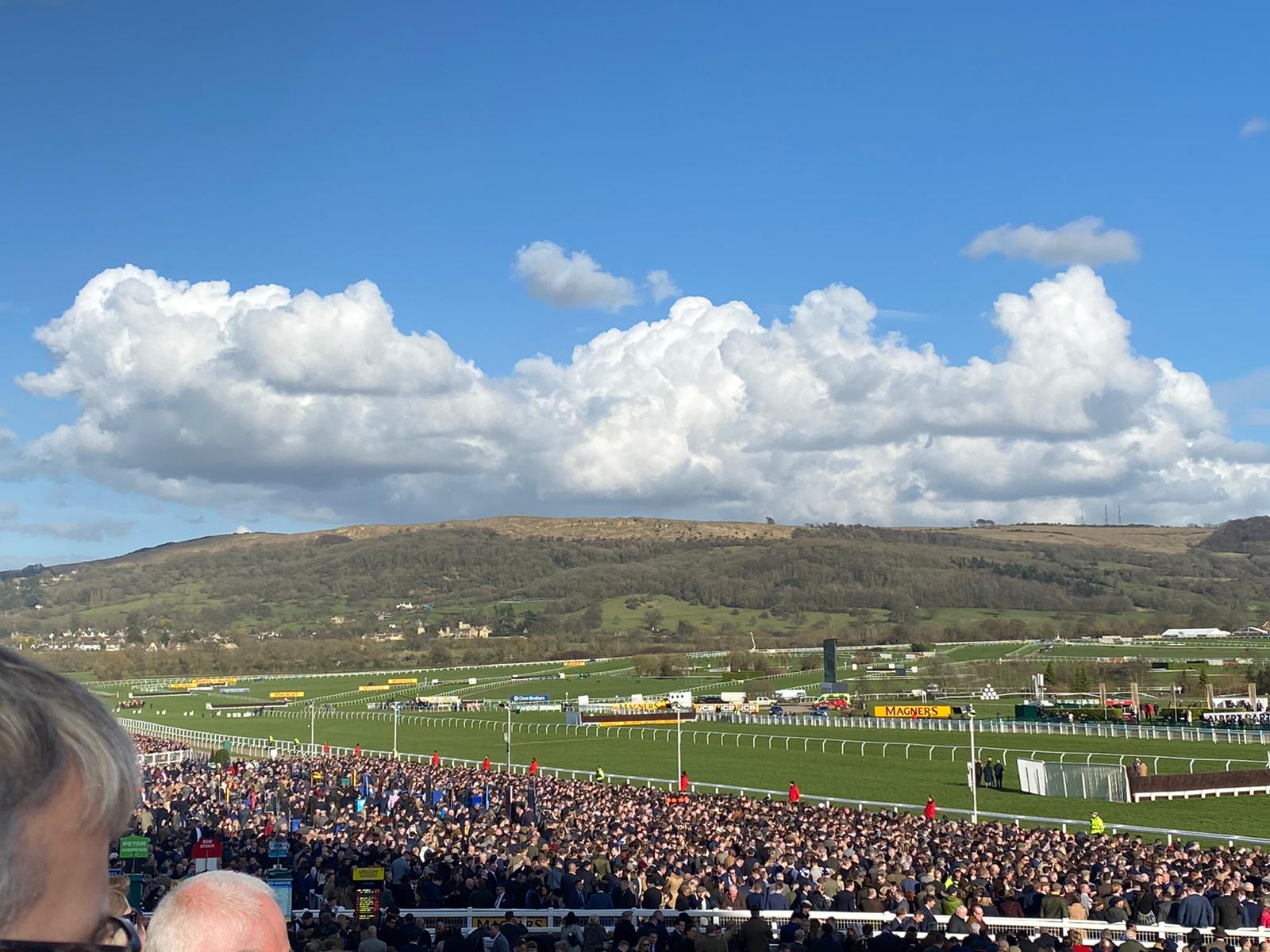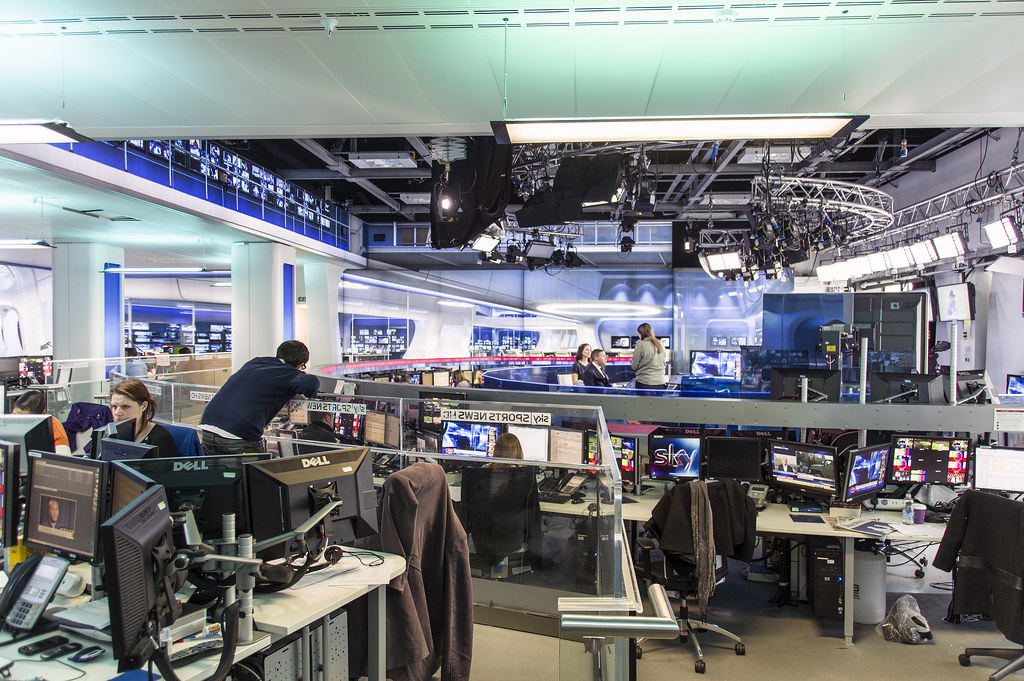“Sport can provide a release in times like these” – Three former Sports Gazette reporters on Covid-19 and the future of journalism

For those of us of who work within sports media, the current Covid-19 pandemic has created a climate of fear and uncertainty.
We are living in unprecedented times, and just as the whole country has ground to a halt, so has the world of sport.
With almost no sport across not only the UK but the world to report on, many sports journalists who have recently entered the industry find themselves in an odd position.
I spoke to three recent graduates from the MA in Sports Journalism here at St Mary’s, all former Sports Gazette writers, about how the coronavirus pandemic has impacted upon their first year in the industry.
Anonymous graduate
One recent graduate, who wishes to remain anonymous, expressed concerns about the safety of their job due to the uncertain future of their employers.
“What happens on a football pitch affects rights holders, broadcasters, and content creators alike – if the games aren’t happening then all these other industries and businesses slow down,” they told the Sports Gazette.
“Everything has come to a bit of a standstill and there’s no real understanding of where it’s going to pick back up, which is leaving an incredible amount of uncertainty with jobs.
“It’s had a massive impact on content creators such as my company: ad revenue is down, because people aren’t actually looking at sports websites as much as we had hoped.”
Rob Sutton, Racing Post
Following a successful six-month contract, Rob began working for the Racing Post full-time in November 2019.
He is currently on the government’s furlough scheme as the paper’s print edition has been temporarily suspended since 26th March.
There has been no racing in Britain since 18th March and while some are hopeful the sport could return later this month, this will depend on whether lockdown measures continue to be relaxed in the coming weeks.
Speaking to the Sports Gazette in March, Rob said: “It’s been crazy. Two weeks ago I was in a crowd of 70,000 at Cheltenham and now I can’t leave the house.
“Racing is in a strange position because we are going to lose our biggest day of the calendar [The Grand National] and that is so important for my paper. The bookies will lose about £300 million with that not taking place.”
The racing world was heavily criticised for not cancelling this year’s Cheltenham Festival which took place just weeks before the country’s lockdown began, but Rob believes that some of this criticism is unfair.

“Racing has had a lot of stick for Cheltenham going ahead but the government advice at that stage was that major events were still safe to go ahead,” Rob said.
“The weekend before there were 82,000 people at the England v Wales rugby match and 76,000 people at Old Trafford for the Manchester derby – both of these events had bigger crowds than Cheltenham.
“I have doubts over whether the fourth day, the Friday, should have gone ahead but it was still a great event. The racing was terrific, crowds were excellent, ITV viewing figures were the highest for years so it was a surreal week but as enjoyable as a normal Cheltenham festival.”
Although racing remains suspended in the UK, there is some cause to be optimistic: this year’s Royal Ascot competition will go ahead as planned in June, albeit without spectators.
“We have an advantage over other sports like football because we could easily go behind closed doors and it wouldn’t affect the industry, so I think racing could resume as soon as restrictions are lifted,” Rob said.
Michael Jordan, Sky Sports
Michael has spent the last year freelancing at Sky Sports as part of the digital multi-platform sports team, after impressing during a two-week placement in December 2018.
During his time at Sky, Michael has produced daily 25-minute sports news segments, which are recorded as live and sent to Sky’s global partners for distribution.
He has also worked for the production and DPU teams but says that since the Covid-19 pandemic hit, sport has taken a back seat.
“There are no longer sports bulletins running on Sky News – the digital news team are now completely working remotely from home so our ability to cut video is very limited, although new software is being put in place and tested for us to be able to cut video,” Michael told the Sports Gazette.

Despite there not being any live sport to report on, Michael believes that companies such as Sky Sports still have a role to play in these challenging times.
“Sport is crucial in many people’s wellbeing and in their lives as a whole – it provides a release in times like these,” said Michael.
“I think it’s been more important than ever for Sky Sports to continue to work to deliver sports content to audiences, so we’re quite often having team calls over video chat in order for us to get content out, whether that be on the website or the mobile app.”
In addition to broadcasting old sporting events on their television channels, Sky Sports have begun to conduct interviews with sportspeople over Skype, and are producing self-isolation podcasts on sports ranging from cricket to rugby.
Although it cannot be denied that the sports media has had to adapt their content during this pandemic, Michael is confident that the industry can continue to thrive.
“Our digital audience at Sky Sports has actually increased during the pandemic, which is a clear sign that people still come to the website for sports news and there remains an interest and desire for this type of content,” Michael said.
“I think the last month has really proven how strong and together the industry is and I’m sure this will continue.”
Featured image credit: Martin Meissner/Getty Images